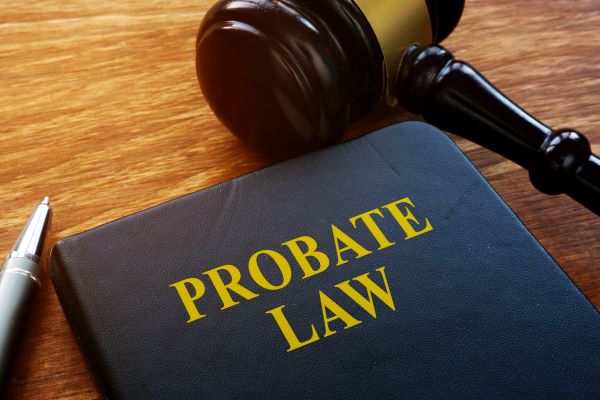
Tax Reform: Understanding Changes to Ohio Estate and Gift Taxes
In a flurry of activity in December, 2017, the US Congress passed the Tax Cuts and Jobs Act.The Act made big changes to federal tax laws, and may impact your estate plan.
The Tax Cuts and Jobs Act (Act) reduces corporate tax rates, has some impact on personal tax rates, and shifts the laws in other areas like gift and estate taxes.
What is an Estate Tax?
A tax is paid on the entire value of your assets and property that pass to others upon your death.Called an “estate tax,” the tax must be paid if the value of the estate is greater than the threshold filing amount required during that taxable year.
You may remember that the Ohio estate tax was repealed in January, 2013, effectively eliminating estate taxes collected on the state level.Despite this, federal estate taxes are still owed if your estate is worth more than the threshold level on the date of your death.
Under the Act, the filing threshold for estate taxes in 2018 is approximately $11.2 million per individual.This is roughly double the previous threshold and erases the burden of many individual estates for paying federal estate taxes.The threshold is in effect until January 1, 2026, or until the next legislative adjustment.
If your estate holdings include assets and property in other states, it is important to speak with a probate or estate planning attorney to ensure you are not required to pay estate taxes in states that do still have estate tax requirements.
What about Changes in the Gift Tax?
A federal “gift tax” may be levied if you transfer property to someone as a “gift.”This means that you are giving value to a person or organization in return for less than the value amount, or for nothing in return.The gift tax threshold can be somewhat complex since it applies anytime you transfer an asset without receiving equal value in return.
Gift taxes are paid by the person giving the gift.In 2018, you can gift assets or property to another individual without paying a federal gift tax if the value of the gift is less than $15,000.As with the estate tax, there is no gift tax in Ohio—with the exception of significant gifts that are bestowed within three years of the death of the giver.In some cases, those gifts can be returned to the estate upon probate.
Changes made in the Act may have impacted your estate plan.It is a good practice to review the applicability and provisions of your estate plan about every three years, or in the case of a major rules overhaul.The regulatory changes made in the Act are a good reason to sit down with your estate planning attorney to ensure your estate plan still carries out your wishes for your wealth.
Speak with an Experienced Estate Law Attorney in Ross and Pike County
Serving clients in Southern Ohio from offices in Waverly and Chillicothe, Seif & McNamee, LLC is a knowledgeable estate planning firm providing trusted guidance on wills, trusts, and estate administration. Call 740.835.4882 or contact us online to review or create your estate plan today.



